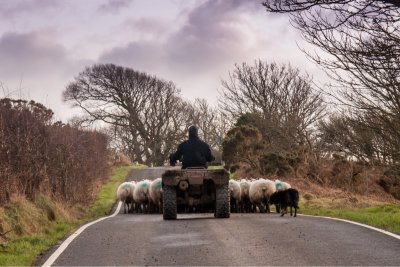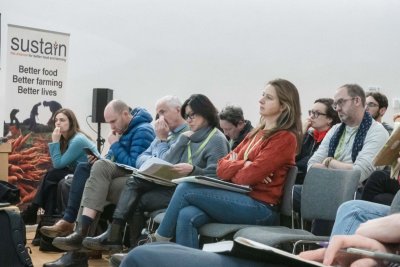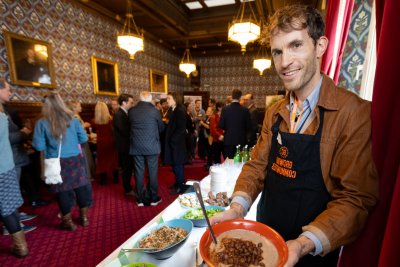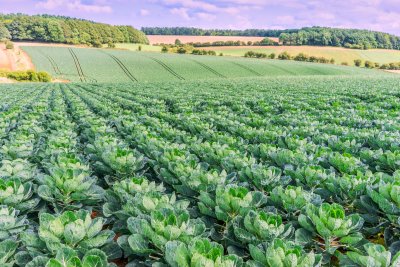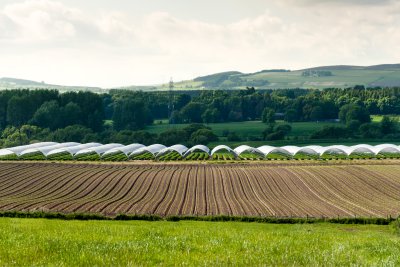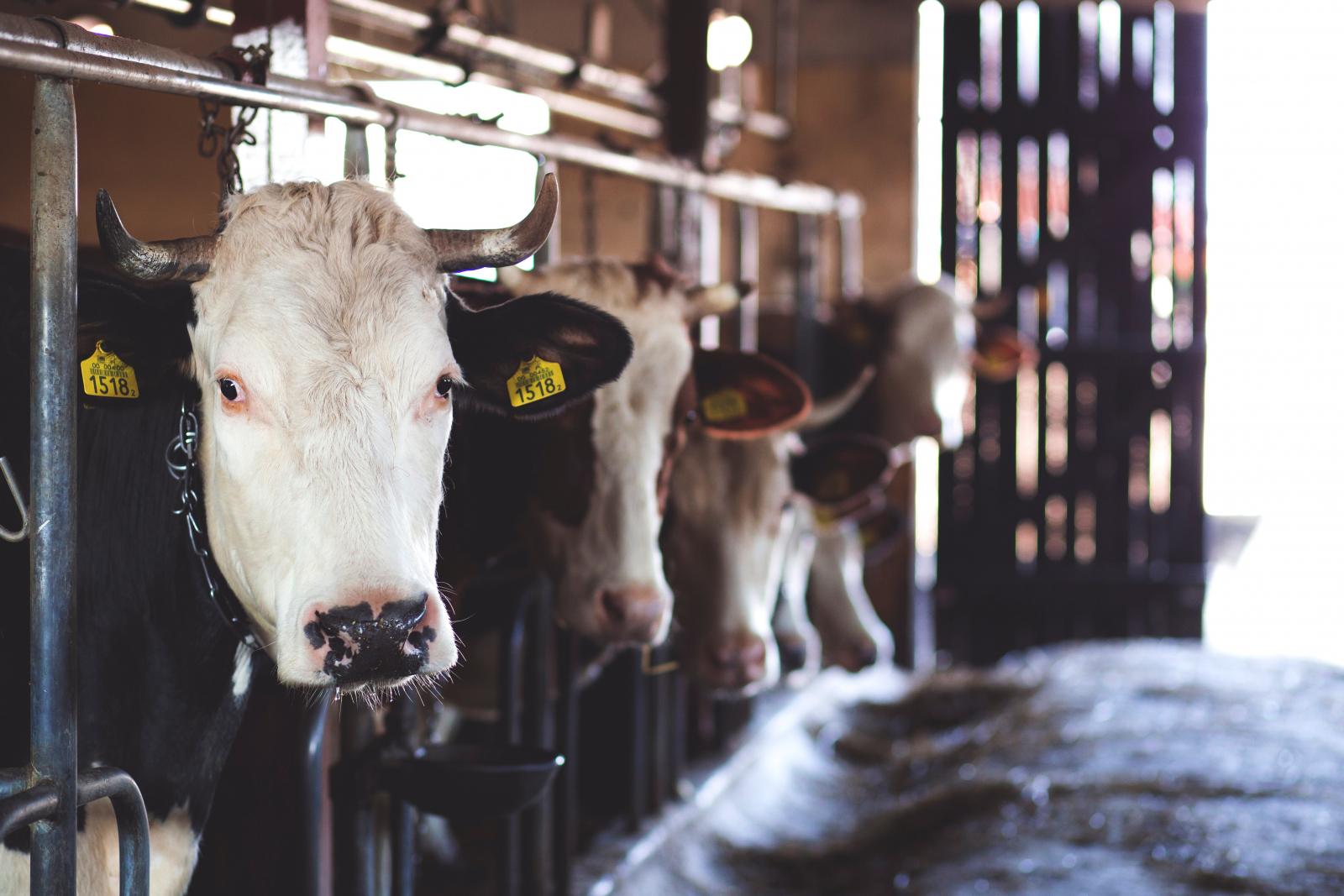 Credit: pexels
Credit: pexels

US farming uses five times as much antibiotics as UK
The Alliance to Save Our Antibiotics warn post-Brexit deal-makers not to lower UK farm standards to match US - where antibiotic use is five times higher than in the UK
The use of antibiotics in US farming is five times higher than in UK production, new findings suggest. According to an investigation by the Alliance to Save our Antibiotics, antibiotic use in the US is 9 to 16 times higher per livestock unit for beef cattle, three times higher for chickens, twice as high for pigs and five times higher for turkeys than it is in the UK. (Full details of the calculations can be found here.)
The EU currently has a ban on the importation of US beef into the UK due to the use of growth hormones in US cattle. Growth hormones are banned in the EU and the UK, however, a post-Brexit UK-US trade deal could involve the UK lifting the long-standing ban on US beef.
These figures, based on recently published data from the UK and the US, come shortly after Ted McKinney, US Under Secretary for Trade and Foreign Agricultural Affairs USDA, said in Oxford that he was “sick and tired” of hearing Britain’s concerns about chlorine washed chicken and US food standards.
Suzi Shingler of the Alliance to Save our Antibiotics said
“If Mr McKinney wants something to worry about other than chlorine washed chicken, he might want to turn his attention to the extraordinarily high levels of antibiotics used in US meat production. Our investigation shows that US cattle farmers are massively overusing antibiotics This finding shows the huge advantages of British beef which is often from grass-reared animals, whereas US cattle are usually finished in intensive feedlots. Trade negotiators who may be tempted to lift the ban on US beef should not only be considering the impact of growth hormones, but also of antibiotic resistance due to rampant antibiotic use.”
A recent report by the World Organisation for Animal Health (OIE) has estimated global farm antibiotic use by continent and found use by animal weight about 20% lower in Africa than in Europe. However, in the Americas it was about 80% higher than in Europe, and in Asia Pacific about 190% higher than in Europe, although only five countries reported data from Asia Pacific.
Peter Melchett, Policy Director of the Soil Association said: “UK farmers have finally begun to cut their antibiotic use, and the government needs to be careful it does not undermine this progress by allowing imports from countries that are not respecting UK and EU standards.”
Nick Palmer, Head of Policy at Compassion in World Farming, commented,
“The extremely high use of antibiotics in US farming increases the likelihood of resistant bacteria emerging in farm animals. When these antibiotic-resistant bacteria spread to the human population via farm workers and consumers, and cause infections, antibiotics often fail to work. As British consumers increasingly reject the factory farming approach that dominates US production, we are concerned that the British Government may cave in to US demands in the desperation to sign new trade deals post-Brexit.”
Increase in global use of antibiotics
Globally, scientists estimate that 73% of all antibiotics are used in farm animals, and they forecast use will increase by a further 53% by 2030 if the number of farm animals continues to grow and farming becomes more intensive. The government-commissioned Review on Antimicrobial Resistance projects that by 2050, if business as usual continues, antibiotic resistance will kill 10 million people a year worldwide and cost the global economy $100 trillion.
Kath Dalmeny CEO of Sustain and author of ‘Ten red lines for UK trade deals for food, farming and fishing’ said:
“Trade negotiators are champing at the bit to open up new markets for US meat and using the excuse of ‘cheapness’ to counter health concerns. But cheap meat comes at a high price – often lower standards of cleanliness, animal welfare and high use of antibiotics. Any trade deals must aim to support high standards so that human and animal health and welfare are protected.”
Alongside concerns relating to antibiotic use, campaigners are also highlighting other food safety risks that must be considered in the ongoing trade talks, such as those listed in the recently published ‘Top 10 Food Safety Risks Posed by a Future Transatlantic Trade Deal’ from the Soil Association.
The Alliance to Save Our Antibiotics was co-founded by Sustain and campaigns to stop the overuse of antibiotics in animals farming.
Save Our Antibiotics: The Alliance to Save Our Antibiotics is a coalition of health, medical, environmental and animal welfare groups campaigning to stop the overuse of antibiotics in animal farming.
Sustain
The Green House
244-254 Cambridge Heath Road
London E2 9DA
020 3559 6777
sustain@sustainweb.org
Sustain advocates food and agriculture policies and practices that enhance the health and welfare of people and animals, improve the working and living environment, promote equity and enrich society and culture.
© Sustain 2026
Registered charity (no. 1018643)
Data privacy & cookies
Icons by Icons8
